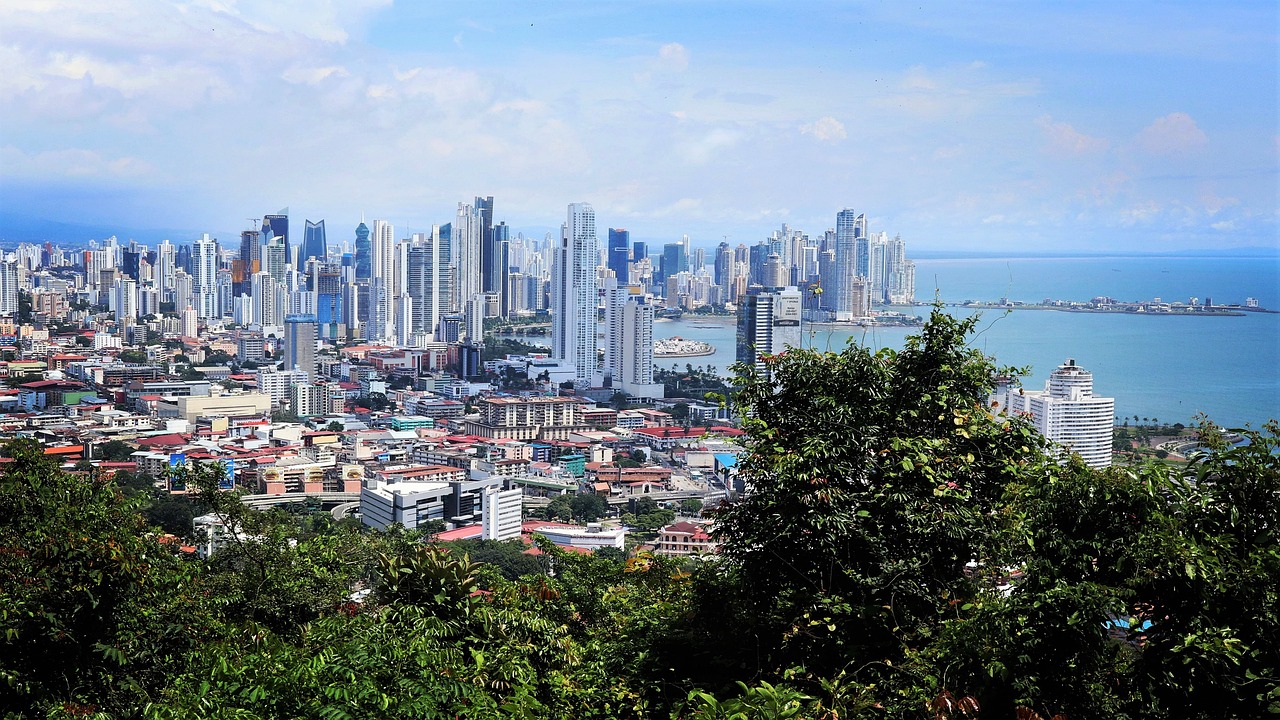Panama ends ties with Saharawi Arab Democratic Republic

Panama has officially suspended diplomatic relations with the Saharawi Arab Democratic Republic (SADR), marking a significant blow to the pro-independence movement represented by SADR and the Polisario Front. The decision, confirmed in a statement by the Panamanian Ministry of Foreign Affairs, reflects a shift in the country’s foreign policy stance on the Western Sahara issue.
Panama’s Official Statement
The Government of Panama announced the suspension of relations with SADR “within the framework of the applicable rules of international law.” The official statement emphasized Panama’s commitment to placing its national interest first while adhering to the principles of multilateralism and international cooperation.
The statement reaffirmed Panama’s support for efforts led by the United Nations Secretary-General and the international community to achieve a “peaceful, just, lasting, and mutually acceptable solution” for the Western Sahara conflict. This includes the principle of self-determination for the Sahrawi people, but only as part of a broader agreement acceptable to all parties involved.
Panama also highlighted its role as a “mediating country,” committed to fostering dialogue and multilateral cooperation in alignment with its foreign policy goals to promote international peace and security.
Dissociation from SADR and a Shift in Policy
Panama’s decision to dissociate from SADR reflects its alignment with the United Nations framework for resolving the Western Sahara conflict. This move distances Panama from the Polisario Front, which advocates for a referendum on Sahrawi independence. While Panama does not dismiss the possibility of such a referendum, it stresses that any decision must be reached through consensus among all stakeholders.
According to Atalayar, this suspension marks a major shift, as Panama was historically the first country to recognize SADR and even hosted its first Latin American embassy in 1980. The withdrawal of Panama’s support erodes SADR’s longstanding diplomatic foundation in the region, delivering a significant setback to its pro-independence cause.
Implications for Morocco and the Western Sahara Dispute
The suspension of Panama’s relations with SADR is seen as a diplomatic victory for Morocco, which asserts sovereignty over Western Sahara as part of its southern provinces. Morocco has proposed an Autonomy Plan for the region, granting substantial self-governance to Sahrawi authorities under Moroccan sovereignty. This plan has garnered international backing from over 100 countries, including key powers such as the United States, France, Germany, Spain, the United Arab Emirates, and Israel. These nations view the Autonomy Plan as the most credible and pragmatic solution to the decades-long dispute.
A Shift in the Regional Balance
Panama’s decision to sever ties with SADR reinforces Morocco’s position on the international stage and signals a decline in SADR’s influence, particularly in Latin America. As more countries align with Morocco’s Autonomy Plan, the pro-independence movement faces increasing diplomatic isolation.
This development highlights the evolving dynamics of the Western Sahara dispute and underscores the growing support for Morocco’s vision of resolving the conflict under the framework of UN resolutions.
As we wrote earlier, Ecuador suspends recognition of self-proclaimed SADR

